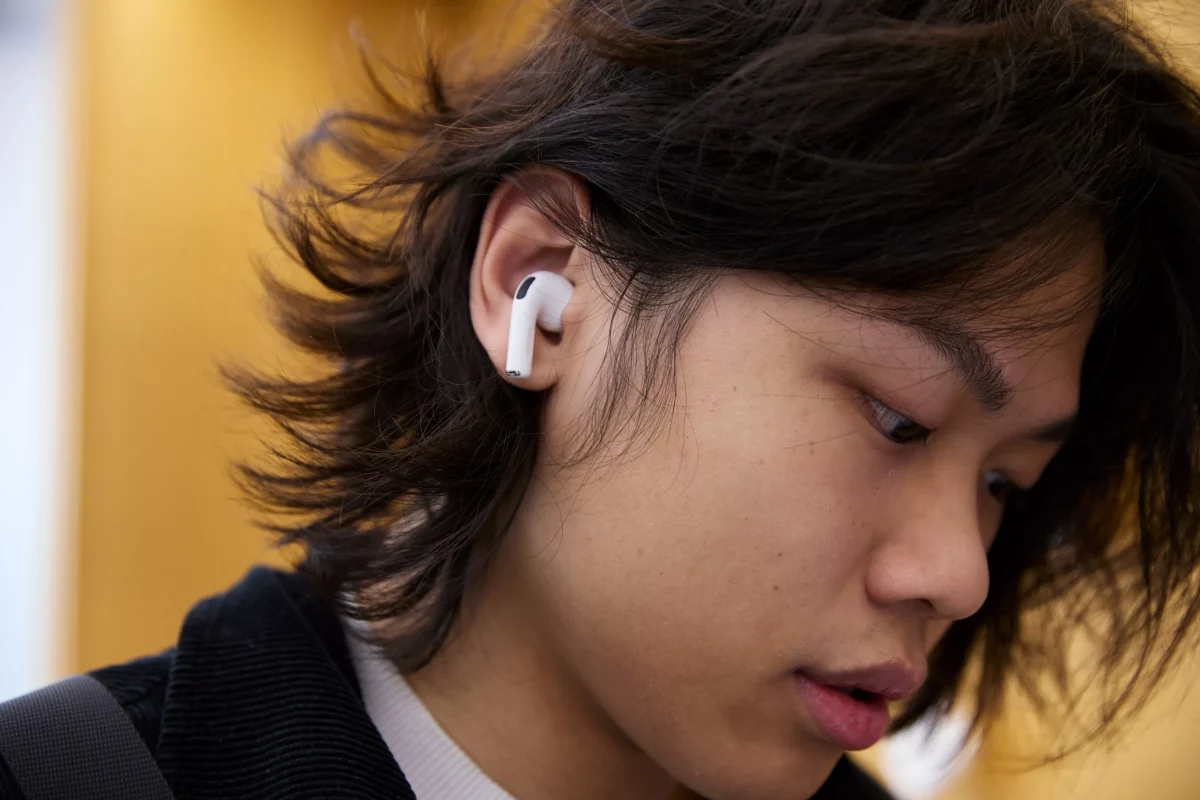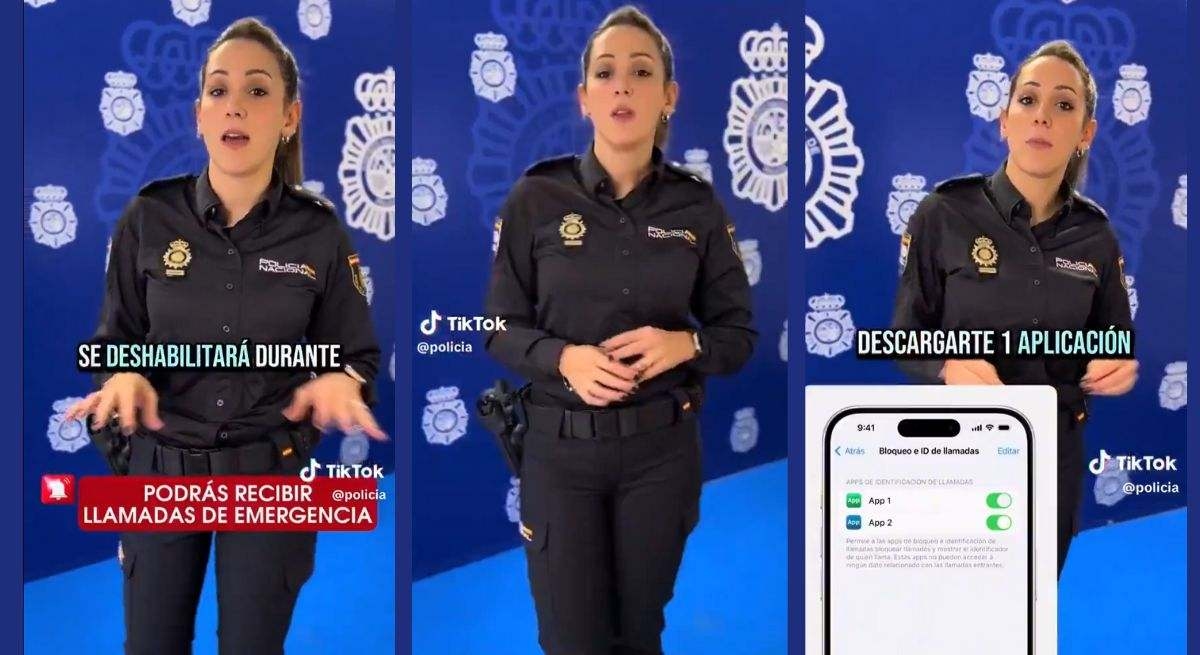Headphones that translate in real time will not replace English teachers

Smart devices that translate in real time, such as headphones, glasses, or wearable translators, have sparked debate about whether they could replace language instruction. Recent products from Apple, Google, and Meta demonstrate impressive advances in instant translation. For example, the third-generation AirPods Pro allow users to activate translation via Apple Intelligence, while Ray-Ban Meta translates text and spoken phrases directly on the glasses. However, while these tools facilitate immediate communication, they do not replace a deep understanding of a language.
Andrés Moreno, founder and CEO of Open English , explains that teachers fulfill functions that no algorithm can replicate, such as emotional connection, adaptability, and the transmission of cultural context. Teachers provide empathy, motivation, and commitment —essential elements for students to remain engaged in language learning programs.
The process of mastering a language is lengthy, comparable to training for a marathon. Along this journey, the teacher guides the student to overcome their fear of speaking aloud and using the language in real-life situations, adjusting the instruction to each student's individual difficulties. Nina Anziska, international growth specialist at Outschool , emphasizes that this flexibility is not yet available in machines.
Despite the sophistication of devices like the Timekettle , capable of processing over 100 languages, machine translation faces significant limitations. While it can translate words and grammatical structures, it fails to interpret irony, puns, or cultural references —essential elements for fluid and effective communication.
Technology is useful for travelers or casual situations, but it doesn't replace those seeking serious learning for work, academic, or professional purposes. According to Moreno, mastering a language allows one to establish authentic relationships and understand complex contexts, something that goes far beyond simply translating words.
Language learning involves more than just translation; it also requires understanding how people think, express themselves emotionally, and use gestures and silence. Therefore, even with advances in artificial intelligence , the role of the teacher remains irreplaceable . Valeria Vera, Latin America Marketing Leader at Italki , affirms that AI optimizes study time and facilitates practice, but it does not replace human instruction.
However, technology offers clear benefits, such as improved accessibility and reduced costs. Previously, a live class with a native speaker could cost between $30 and $40 per hour, and traditional courses required upfront payments of $1,000 to $2,000. Today, online education allows access to more affordable and flexible classes, which explains the boom in language learning apps .
According to Statista , August 2024 saw a record number of language app downloads, with over 26.5 million installations worldwide. These tools are constantly evolving to integrate advanced technology with guidance from real teachers, offering a combination that enhances the learning experience.
Digital education allows for constant practice in varied contexts, while teachers maintain a personalized approach, adapting strategies to each student's needs. This combination maximizes results and ensures that students not only memorize words but also develop comprehensive communication skills.
Beyond communication, learning a language is a way of thinking differently , of understanding other perspectives, and of developing empathy . Interaction with a human teacher strengthens these skills, providing an emotional and cultural component that translation devices cannot offer.
In conclusion, while real-time translation headphones and glasses represent significant technological advancements and facilitate immediate communication, they will not replace language instruction or the role of the teacher. Human connection, cultural understanding, and the development of critical thinking remain essential aspects of effective learning.
La Verdad Yucatán





